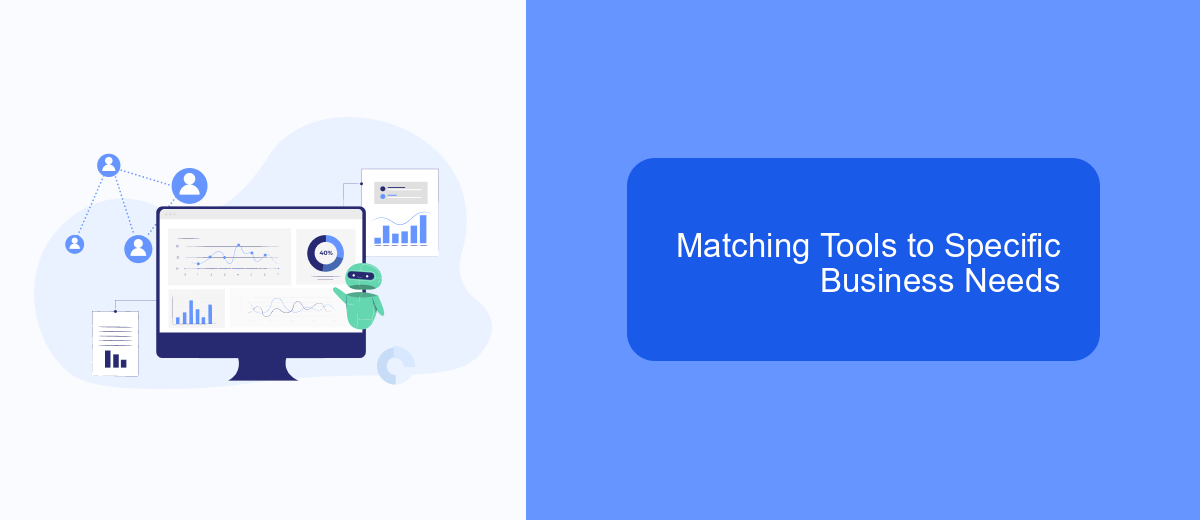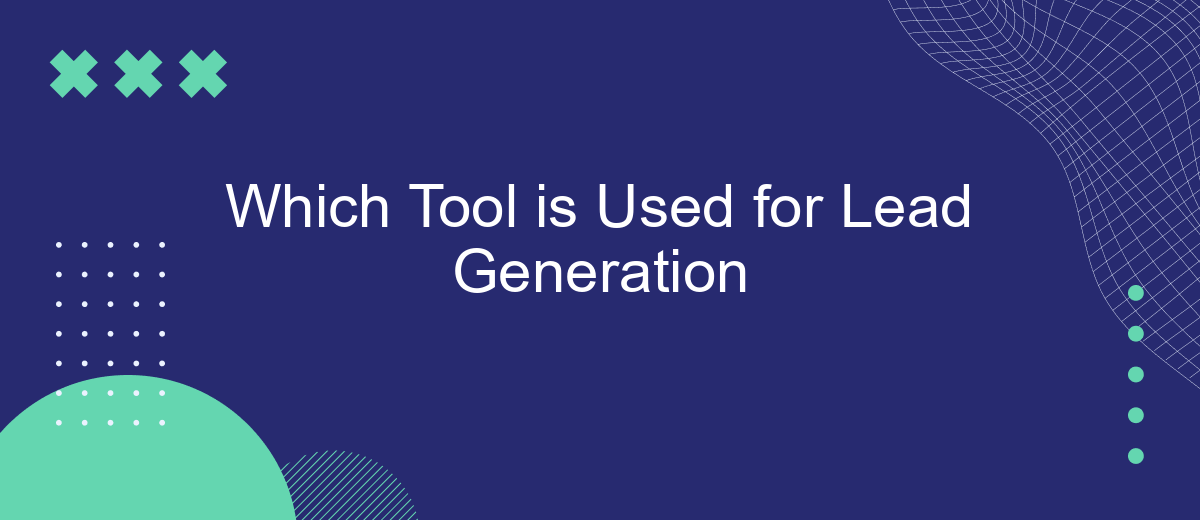In today's competitive business landscape, effective lead generation is crucial for success. With numerous tools available, choosing the right one can significantly impact your ability to attract and convert potential customers. This article explores the top tools used for lead generation, examining their features, benefits, and how they can streamline the process of identifying and nurturing leads to boost your business's growth and profitability.
Understanding Lead Generation and its Importance
Lead generation is a critical process in marketing that involves identifying and attracting potential customers to a business's products or services. It serves as the foundation for building a robust sales pipeline, ensuring that businesses have a steady stream of prospects to convert into loyal customers. By understanding lead generation, companies can effectively target their marketing efforts and optimize their strategies to capture high-quality leads.
- Enhances brand awareness by reaching a wider audience.
- Increases sales opportunities through targeted marketing.
- Improves customer engagement by addressing specific needs.
- Facilitates data collection for better decision-making.
- Strengthens customer relationships by providing personalized experiences.
In today's competitive marketplace, the importance of lead generation cannot be overstated. It not only drives business growth but also helps in maintaining a competitive edge. By leveraging effective lead generation tools and strategies, businesses can ensure that they are not only attracting potential customers but also nurturing them through the sales funnel, ultimately leading to increased revenue and sustained success.
Exploring Different Lead Generation Tools

Lead generation tools are essential for businesses looking to expand their customer base and increase sales. These tools help in identifying potential customers and nurturing them into leads. Among the popular tools are customer relationship management (CRM) systems like Salesforce, which streamline the process of managing customer interactions and data. Additionally, email marketing platforms such as Mailchimp allow businesses to create targeted campaigns that engage potential leads effectively. Social media management tools like Hootsuite also play a crucial role in lead generation by enabling businesses to reach a broader audience through strategic content sharing and engagement.
Another critical aspect of lead generation is the integration of various tools to ensure seamless data flow and communication. Services like SaveMyLeads offer automated solutions for integrating different platforms, allowing businesses to capture and process leads efficiently. By automating data transfer between applications, SaveMyLeads helps companies save time and reduce errors, ultimately leading to more effective lead management. Utilizing such integration services ensures that businesses can focus on nurturing leads rather than getting bogged down by technical challenges, thereby enhancing overall productivity and lead conversion rates.
Key Features to Consider When Choosing a Tool

Choosing the right lead generation tool is crucial for any business looking to expand its customer base. With numerous options available, it's essential to select a tool that aligns with your business goals and enhances your marketing strategy. Here are some key features to consider when evaluating lead generation tools:
- Ease of Use: The tool should have an intuitive interface that allows your team to quickly adapt and utilize its features without a steep learning curve.
- Integration Capabilities: Ensure the tool can seamlessly integrate with your existing CRM and other marketing platforms to streamline data management and workflow.
- Customization Options: Look for a tool that offers customizable features to tailor campaigns and capture forms to your specific business needs.
- Analytics and Reporting: Robust analytics are essential to track performance metrics and make data-driven decisions to optimize your lead generation strategy.
- Support and Resources: Consider the level of customer support and educational resources provided to assist your team in maximizing the tool's potential.
By focusing on these key features, businesses can select a lead generation tool that not only meets their immediate needs but also supports long-term growth and success. Prioritizing these aspects will ensure a more efficient and effective lead generation process.
Matching Tools to Specific Business Needs

When selecting lead generation tools, it's crucial to align them with your specific business needs. Different tools offer various features, and understanding your objectives will help you make an informed decision. Consider factors such as the size of your business, target audience, and budget constraints to ensure you choose the most effective tools.
For small businesses, tools that offer comprehensive features at an affordable price are essential. Larger enterprises may require more advanced solutions with robust analytics and integration capabilities. Additionally, the nature of your product or service can influence the type of tools that will be most beneficial.
- Email marketing platforms for nurturing leads and maintaining customer relationships.
- CRM systems for managing and analyzing customer interactions and data.
- Social media management tools for reaching a wider audience and engaging with potential leads.
- Content management systems for creating and distributing valuable content to attract prospects.
Ultimately, the right lead generation tool should seamlessly integrate with your existing processes and provide measurable results. Regularly evaluate the performance of your chosen tools to ensure they continue to meet your evolving business needs and contribute to achieving your lead generation goals.


Measuring and Optimizing Lead Generation Efforts
To effectively measure and optimize lead generation efforts, businesses must first establish clear key performance indicators (KPIs) such as conversion rates, cost per lead, and lead quality. Utilizing analytics tools like Google Analytics can provide insights into the performance of different channels and campaigns. Regularly reviewing these metrics allows companies to identify which strategies are most effective and make data-driven decisions to enhance their lead generation efforts. Additionally, A/B testing can be employed to experiment with different approaches and optimize landing pages, call-to-action buttons, and content to improve conversion rates.
Integrating various marketing tools can streamline the lead generation process and improve efficiency. Services like SaveMyLeads offer seamless integration solutions that automate the transfer of leads from different platforms into a centralized CRM system. This not only saves time but also ensures that no potential lead is lost in the process. By automating these processes, businesses can focus more on nurturing leads and refining their strategies, ultimately leading to more successful lead generation campaigns. Regularly updating and refining these integrations can further enhance the effectiveness of lead generation efforts.
FAQ
What is lead generation, and why is it important for businesses?
Which tools are commonly used for lead generation?
How can automation tools improve lead generation efforts?
What features should I look for in a lead generation tool?
How can I integrate my lead generation tools with other business applications?
Personalized responses to new clients from Facebook/Instagram. Receiving data on new orders in real time. Prompt delivery of information to all employees who are involved in lead processing. All this can be done automatically. With the SaveMyLeads service, you will be able to easily create integrations for Facebook Lead Ads and implement automation. Set up the integration once and let it do the chores every day.
